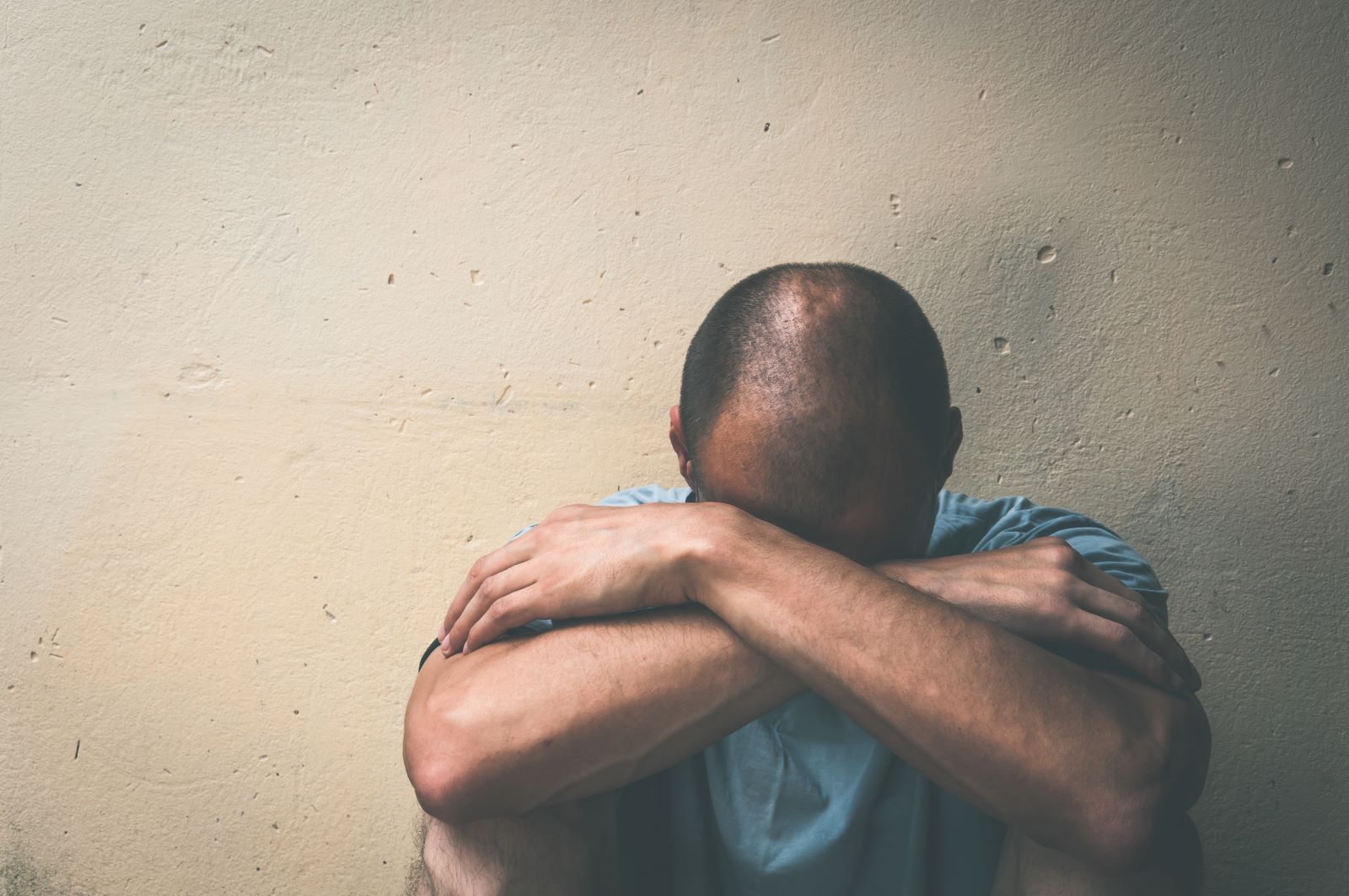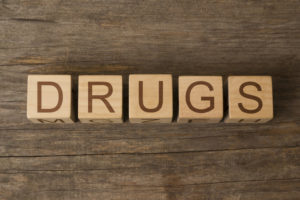Addiction | 5 min read
Drug Slang You Need To Watch For
Medically Reviewed By

On August 30, 2022
Written By
On October 2, 2020

Drug abuse in American culture has been around since the 19th century, starting with the discovery of heroin, cocaine, and morphine, the new wonder drugs of the age. However, it wasn’t until “Woodstock” in the 1960s that young people became active users in the drug culture. Today, many teens have the impression that drug use is a right of passage, with as many as one in five teens abusing drugs regularly.
Today’s illegal drug market offers convenience, accessibility, and stronger drugs. As if keeping up with your teenager’s activities and whereabouts wasn’t hard enough, now, understanding their “lingo” is more important than ever before. Fortunately, young people’s drug slogans can offer clues on what your teen is up to when you know what they’re saying.
Drug Slang You Need to Listen For
The slang teens use varies depending on the types of drugs they’re using. Considering how fast teen lingo changes from month to month, this drug slang list only scratches the surface regarding the many words teens use to talk about drug use. Here are a few to get you started:
Bloom, Cloud Nine, Vanilla Sky, Meow Meow, Scarface, Bliss, Wicked X
As festive as some of these terms sound, these are teenage drug slang for “bath salts.” If you hear your teen saying one of them in conversation or a text message, they’re talking about bath salts, also known as cathinones. Bath salts are stimulant drugs derived from plants. The natural plant leaves can be chewed for a mild effect. Teens will often use synthetic bath salts, which come in crystal-like powders. Synthetic forms produce much stronger effects and can be quite dangerous. These types of drugs can be snorted, injected, or smoked.
Pacman, Pikachu, Disco Biscuits, E-Bombs, Ecstasy, Molly
Teens that use one or more of the terms on this drug slang list are referring to MDMA, one of the first club drugs. MDMA produces both stimulant and hallucinogenic effects, causing mood, time, and perception changes, ultimately creating altered realities in the user’s mind. MDMA can be taken in tablet and powder form, with its effects lasting anywhere from three to six hours. Hallucinogens, in particular, tend to cause chills, teeth clenching, and stomach cramps, which are a few telltale signs that your teen is using MDMA.
Addys, Beans, Study Buddys, Zing, Getting Glassed
This group of young people’s drug slogans refers to a commonly prescribed medication for ADHD called Adderall. Adderall works as a stimulant drug but has a calming effect on teens with ADHD, allowing them to focus better. For teens who don’t have ADHD, the effect is comparable to speed. Not surprisingly, teens gain easy access to this drug through friends who have prescriptions for Adderall.
Aunt, Baby T, BadRock, King, Snow
If you hear your teen using one or more of these terms, they’re referring to cocaine, one of the most well-known illegal drugs on the market. Slang terms for cocaine have gotten so abstract that it can be hard to identify them. With cocaine and its derivative, crack, being so popular, it’s no surprise that teenage drug slang continues to get more advanced when referring to this drug. So, as a general rule, if you hear your teen saying strange or out-of-context terms, this may indicate drug use of some kind.
Tussin, Dexies, Drix, Red Devils, Robo, Groove, Triple C
The terms in this drug slang list refer to DXM, an ingredient in several over-the-counter cough medicines. DXM, or dextromethorphan, produces sedative and hallucinogenic effects in large amounts and stimulant effects at low doses. It’s available in tablets, capsules, and cough syrup form. If your teen seems confused, has slurred speech, seems lethargic, or sweats excessively, they may be abusing DXM. When combined with alcohol, opioids, or anti-depressants, DXM can be deadly.
Miscellaneous Slang Terms
No drug slang list would be complete without mentioning how teens may discuss drug abuse. Teenage drug slang is not only designed to conceal the different types of drugs but also other aspects of drug abuse, such as the paraphernalia that’s used to ingest a drug, the condition of someone who’s using a particular drug, and the dealers who sell drugs.
Here are a few other miscellaneous slang terms to listen for:
- Hawker, bagman, joey, source, and juggler – these terms refer to drug dealers
- Closet baser, cabbage head, chipper, e-tard – these terms are used to describe someone who’s “high” on MDMA
- Piggybacking, rig, hitting up, hype stick – these terms are code for injecting drugs
Is Your Teen Displaying Signs of Drug Use?
Gone are the days when teens consider illegal drug use dangerous. Today, teens have a different perception that lets them feel comfortable and safe doing drugs. Many teens are introduced to drugs through prescriptions from the doctor, like Vicodin and oxycodone. Some start experimenting with friends. Others stumble upon one of their parent’s prescriptions.
While being familiar with teenage drug slang will give you a head-start, being able to spot signs of drug abuse in your teen’s daily behaviors can also help. Here are just a few signs to watch for:
- Skipping school
- A decline in academic performance
- Change in the social group
- Depression
- Aggressive behavior
- Loss of interest in activities once enjoyed
- A decline in personal hygiene and grooming
What To Do If You Suspect Your Teen Is Using Drugs
If you suspect your teen may be abusing drugs, it’s best to use caution. Confront your teen at the first sign of drug abuse or when you notice out-of-the-ordinary behaviors. You may be able to get more information from your teen’s teachers or school counselor, so don’t hesitate to call the school as a follow-up measure. If your teen abuses drugs, the sooner you get them into treatment, the better. Substance abuse can quickly become an addiction, and the longer drugs have a hold on your child, the harder it will be for them to overcome a drug problem.
If you are looking for a high-quality New Jersey alcohol detox center with an experienced, caring team, contact Ascendant today. Our New York detox center has helped many individuals overcome addiction and begin new lives of healthy sobriety. We also offer drug and alcohol rehab for newly sober individuals who need ongoing support and accountability. Reach out to us at Ascendant right now for assistance.
Was this article helpful? Follow our blog for more information about addiction, substance use, and how to get help. Recent posts include topics such as what you should know about 12-Step programs and the line between substance abuse and addiction.
Ascendant New York Editorial Guidelines
Here at Ascendant New York, we understand the importance of having access to accurate medical information you can trust, especially when you or a loved one is suffering from addiction. Find out more on our policy.
- Mclean-Green K. 1 in 5 Students Drink and Do Drugs. Absolute Advocacy. Published December 10, 2019. Accessed August 30, 2022. https://www.absoluteadvocacy.org/1-in-5-students-drink-and-do-drugs/
- Volkow ND. From the Director. National Institute on Drug Abuse. Published February 2015. Accessed August 30, 2022. https://nida.nih.gov/research-topics/psychedelic-dissociative-drugs
- National Institute on Drug Abuse. MDMA (Ecstasy/Molly). National Institute on Drug Abuse. Accessed August 30, 2022. https://nida.nih.gov/research-topics/mdma-ecstasy-molly
- Durbin K. Adderall: Uses, Dosage, Side Effects & Safety Info. Drugs.com. Published May 23, 2022. Accessed August 30, 2022. https://www.drugs.com/adderall.html
- National Institute on Drug Abuse. Cocaine DrugFacts. National Institute on Drug Abuse. Published April 8, 2021. Accessed August 30, 2022. https://nida.nih.gov/publications/drugfacts/cocaine
- National Institute on Drug Abuse. Commonly Used Drugs Charts. National Institute on Drug Abuse. Published August 20, 2020. Accessed August 30, 2022. https://nida.nih.gov/research-topics/commonly-used-drugs-charts





